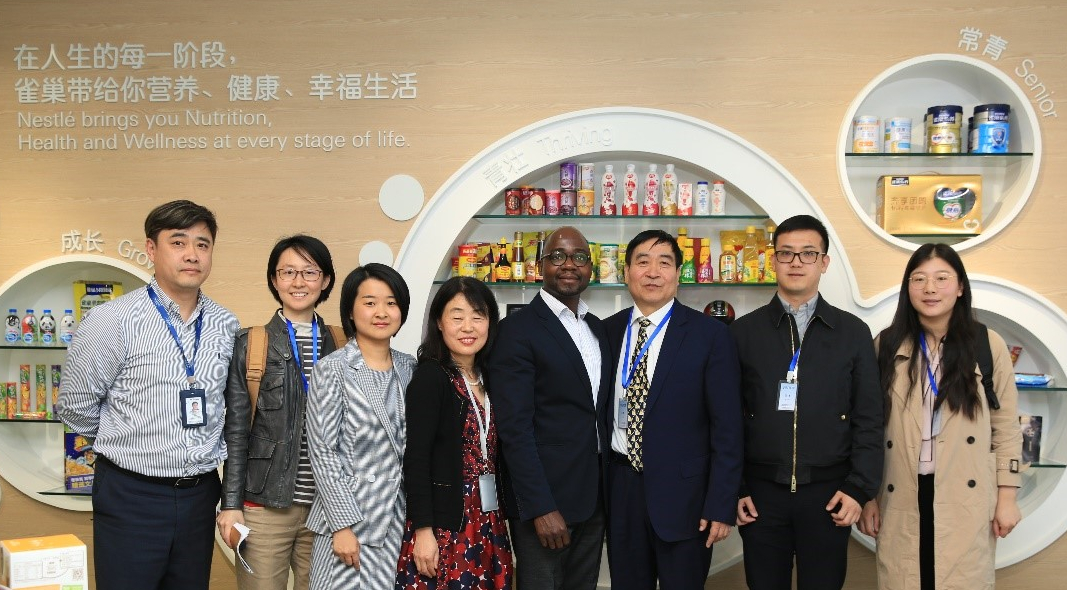
Why Pallet Pooling is an important strategy for Nestle’s China
Logistics costs have always been a concern for many big businesses. After all, if we can reduce the cost of logistics, we can price our products more competitively, and thereby drive up company profits. How to effectively reduce logistics costs has become an important issue for the industry. In June of this year, the marketing department of Loscam China together with Professor Li Sujian, editor-in-chief of Logistics & Material Handling magazine, Dr. Wu Jingpeng, director of the magazine, and reporter Wang Yu—went to the headquarters of Nestlé Greater China to interview Mr. Tony Domingo, Senior Vice President of Supply Chain and Purchasing, Nestlé Greater China. He explained in detail Nestlé Greater China's supply chain, efficient operation of procurement, and how they make “pallet pooling” an important strategy.
In the interview, Tony Doming discussed concerns such as the low efficiency of traditional supply chains and the rising labor costs in China. Nestlé has long promoted “palletisation” as an important strategy. We have a strategic partnership with a pallet rental service provider. Full palletisation can not only greatly improve loading and unloading efficiencies, reduce the costs of supply chain and logistics, but also ensure the safety of the products in the process of operation and handling, and thereby avoid product damages.
Pallet Pooling strengthens the competitive edge
He took the Wyeth baby formula powder business of Nestlé as an example. 99% of the formula powder produced by the factory is transported to the dealers and major customers by pallet pooling, and the transport volume is over 100,000 pallets per year. In China, products are transported 7-9 times on average from manufacturer to consumers. The implementation of pallet pooling reduces the number of handling to 4 times, reducing manual handling and product damages; The average loading and unloading time is shortened from 2.5 hours to 30 minutes. Since the speed of logistics has increased significantly, Wyeth and dealer distribution center throughput has increased four times; truck turnover has increased by 25-27%. This environmentally friendly logistics method should be vigorously promoted and implemented.
In addition, Tony Domingo also shared the strategies Nestlé used to implement palletisation, as well as their experience and the problems they encountered. In summary, Nestlé Greater China is constantly seeking new applications for its pallet pooling model, and stresses on continuous process improvement. The joint efforts of Nestlé and the upstream and downstream corporations in the supply chain will promote the standardization and automation of the logistics industry and improve operational efficiency.

